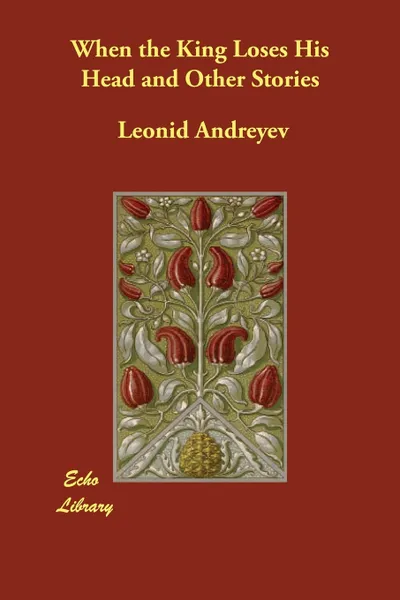When the King Loses His Head and Other Stories
Автор: Leonid Andreyev,
Archibald J. Wolfe
2019
Переплёт: Мягкая обложка, 172 страницы
ISBN: 9781406898675
📒 Andreyev (1871-1919) was a Russian playwright, novelist and short story writer who is considered to be a father of Expressionism in Russian literature, and whose style combines elements of realist, naturalist and symbolist schools. After his father's death he was thrown upon his own resources, but managed to study at both Petrograd and Moscow Universities, graduating in Law in 1897. During this period he endured great hardship and was the victim of deep melancholia. His first writings were unsuccessful and for a time he devoted himself to painting. Later he came into touch with the Russian press as police-court reporter for a leading newspaper. His first short story Bargamot and Graska attracted the attention of Gorky who recommended that he concentrated on his literary work and he remained friends with Gorky through whom he joined the Moscow Sreda literary group. His first collection of stories and short novels appeared in 1901, quickly selling a quarter of a million copies and making him a literary celebrity, and he went on to publish numerous stories on many subjects, including life in Russian provincial settings, court and prison incidents, and medical themes. His particular interest in psychology and psychiatry is evident in his insightful explorations into the human psyche. Regarded as Russia's equivalent to Edgar Allan Poe, translations of Andreyev's work found a ready audience in the English-speaking world and this collection was published in America in 1920 with a preface by the translator.
Мнения
